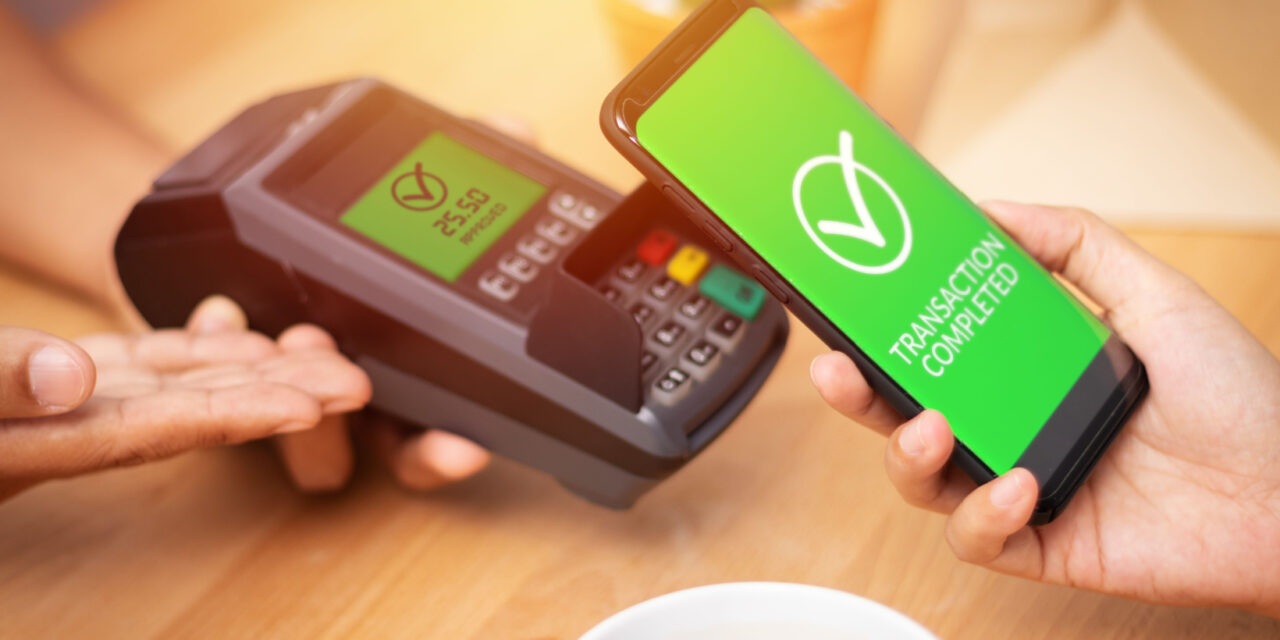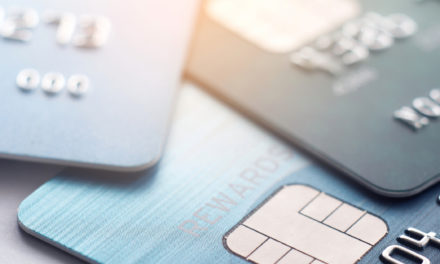
The Pros and Cons of a Cashless Economy
The nation is moving inexorably toward a cashless economy. The increasing popularity of digital wallets and the Federal Reserve’s study of a digital currency option suggest that a cashless economy is approaching a practical reality.
To view the full article please register below:
The Pros and Cons of a Cashless Economy
The nation is moving inexorably toward a cashless economy. The increasing popularity of digital wallets (see our article, Does a Digital Wallet Make Sense) and the Federal Reserve’s study of a digital currency option suggest that a cashless economy is approaching a practical reality.
A completely cashless economy presents a number of benefits to American consumers and businesses, but it isn’t without some drawbacks that shouldn’t be ignored.
The Benefits of a Cashless Economy
One of the main beneficiaries of going to a digital currency is the federal government since printing money is quite expensive. The Federal Reserve budgets over $1 billion annually to print our paper currency, while the cost of coins produced by the U.S. Mint often exceeds the value of the coin. For instance, the penny costs 1.7 cents to produce and the nickel costs 7.4 cents to make, while the cost of a dime and quarter equal approximately one-third of their value.1, 2
Digital currency may result in less tax avoidance since it reduces the opportunity to cheat, which should raise revenues and lead to a more equitable sharing of the burden of financing government spending.
A cashless society may also be a safer one, as it may reduce violent street crime and crimp criminals’ ability to conduct business in cash.
Quicker transactions and shorter lines should make businesses more productive and save consumers time.
There is also a health benefit as the movement of bacteria-laden paper currency between people disappears.
Finally, it solves the recurring problem of coin shortages and makes international travel easier by eliminating currency exchanges.
The Drawbacks of a Cashless Society
Progress tends to solve problems and create new ones. Going cashless is no different.
Many individuals see the specter of Big Brother in a move to a digital currency since it allows the government to keep track of individual behavior in extraordinary detail.
This danger is also true with financial institutions, which could track behavior for marketing and other business purposes.
Paying cash for purchases creates a certain psychological friction that can keep individuals from excessive spending. Similar to credit cards, spending digital money can lead to overspending as it reduces the pain point at the time of the purchase, while also making it harder to see how much spending occurs over time.
There are also security concerns, especially with regard to cyber threats. Despite all the built-in protection of current cashless payment options and crypto currency platforms, theft and fraud remain significant risks.
Finally, going digital could prove costly to businesses, especially small and low margin ones.
Sources:
- https://www.federalreserve.gov/faqs/currency_12771.htm
- https://www.usmint.gov/wordpress/wp-content/uploads/2021/01/2020-mint-biennial-report.pdf
Please reference disclosures at: https://blog.americanportfolios.com/disclosures/












